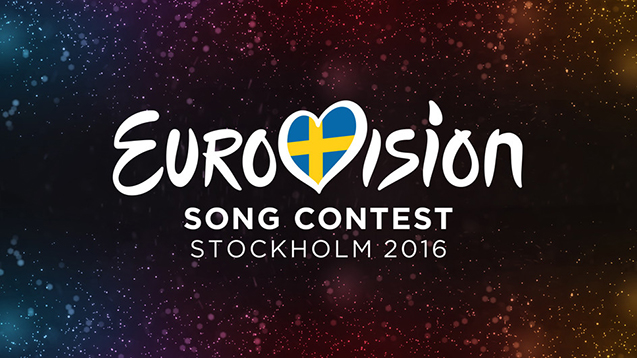Saturday night (14 May) will see the return of the Eurovision Song Contest Grand Final, now in its 61st year and drawing a global audience of 200 million.
To celebrate, we dig out some obscure facts you may not already know about Europe's quirkiest songwriting event...
Words: Russell Iliffe, PRS for Music
To celebrate, we dig out some obscure facts you may not already know about Europe's quirkiest songwriting event...
- The first Eurovision Song Contest took place in Switzerland in 1956 with just seven countries participating. The UK was not one of them, coming on board the following year.
- Serge Gainsbourg, later of Je t’aime infamy, penned Luxembourg’s 1965 winner Poupee de cire, Poupee de son performed by French songstress France Gall.
- Sandie Shaw gave the UK its first win with Puppet on a String in 1967, despite her microphone cutting out at the start of the performance.
- Cliff Richard has represented the UK twice, with Congratulations coming second in 1968 and Power to All Our Friends placing third in 1973.
- The 1969 contest ended in a four way tie for first place, one of the winners being the UK’s Lulu with Boom Bang a Bang.
- Ireland enjoyed the first of their seven record-breaking wins with Dana’s All Kinds of Everything in 1970. Their last win was with Eimear Quinn’s The Voice back in 1996.
- Israel is an active member of the European Broadcasting Union, thus its qualification as a competitor. The nation made its debut in 1973 and has won three times, most recently in 1998 with Dana International’s iconic Diva.
- Abba’s Waterloo won for Sweden in 1974, a year in which the UK entered Olivia Newton-John, who finished fourth with Long Live Love, a song about the Salvation Army.
- The million-selling 1976 winner Save Your Kisses for Me, by British champs Brotherhood of Man, is the biggest selling Eurovision single of all time in the UK.
- Cheryl Baker of Bucks Fizz was part of the group Co-Co, who represented the UK in 1978 with The Bad Old Days. They placed eleventh, which at that time rated as the worst position ever obtained by the UK.
- Black Lace, who went on to have eighties success with party hits Agadoo, Superman and Do the Conga, sang for the UK in 1979 with Mary Ann. They came seventh but the song’s number 42 chart peak made it the first UK entry to not appear in the top 40 since 1964.
- Sir Bruce Forsyth’s daughter Julie wrote the British 1988 entry Go, performed by Scott Fitzgerald. The song lost by just one point to a young Celine Dion singing for Switzerland with Ne partez pas sans moi.
- The UK holds the record for the highest number of second place finishes, having been runner-up 15 times with Mary Hopkin, The Shadows, Michael Ball and Sonia among those to take silver.
- The last UK entry to reach number one in the British charts was Gina G’s 1996 banger Ooh Aah... Just a Little Bit, while Scooch’s 2007 cabin crew campfest Flying the Flag (For You) is the last to have been a top five hit.
- Britain hasn’t won Eurovision since 1997, when Walking on Sunshine hit-makers Katrina and the Waves stormed to victory with Love Shine a Light.
- British entries have finished last on three occasions, with Liverpudlian duo Jemini notoriously scoring the dreaded nul points in 2003. X Factor runner up Andy Abraham and Pete Waterman protégé Josh Dubovie at least managed a few points, but also finished bottom in 2008 and 2010 respectively.
- Acts who have attempted but failed to represent the UK in our national selection over the years include Justin Hawkins from The Darkness, Samantha Fox, Katie Price, Kym Marsh, The Nolans, Labi Siffre, Sinitta and Hazell Dean.
- Despite stalling at the 2012 semi-finals, San Marino’s The Social Network Song, by three-time Eurovision entrant Valentina Monetta, is one of the most memorable oddities of recent years. Featuring lyrics such as ‘if you wanna come to my house, click me with your mouse’, it bizarrely featured a surgeon and an airline captain on stage.
- Sweden’s song selection process is a hit TV show called Melodifestivalen which runs for six weeks, selecting the eventual winner out of a total of 28 entries.
- Austria’s Conchita Wurst proved so controversial that some countries threatened to remove the performance of Rise Like a Phoenix from their broadcast of the 2014 show. However, the bearded star not only triumphed, but even returned to co-host the event the following year in Vienna.
Words: Russell Iliffe, PRS for Music


